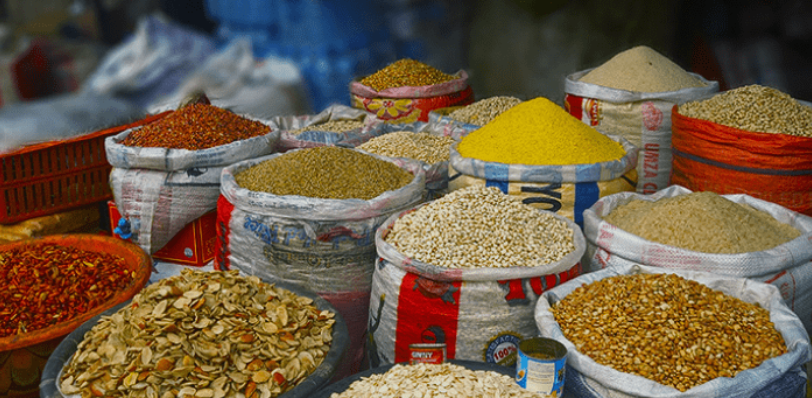Nigeria has reaffirmed its commitment to a collaborative approach with the UN and other relevant stakeholders in strengthening the Resident Coordinator system to achieve the Sustainable Development Goals (SDGs).
Resident coordinator system is the main forum where the UN development system receives system-wide guidance on an annual basis.
This is complemented by member state governance of the Agencies through the Executive Boards and Second Committee, which is the Economic and Financial Committee.
Member states have a critical role providing oversight of the agency specific implementation of the repositioning through the Executive Boards and the UN provides tools – including the reform checklist – to aid the oversight functions of the Boards.
Head of Service of the Federation, Dr Folasade Yemi-Esan, and the Accountant General of the Federation, Mrs Oluwatoyin Sakirat Dadein, led the Nigerian delegation to attend the meeting.
The duo led the Nigerian delegation to attend the Resident Coordinator System Funding Model and the Funding Compact meeting, chaired by the Deputy Secretary-General of the United Nations, Ms Amina Mohammed, in New York.
The focus of the discussion was on identifying key commitments essential for building trust and strengthening the case for effective funding, pivotal for achieving the SDGs.
Dadein, at the meeting underscored the vital role of the Resident Coordinator system in Africa, advocating for deeper insights into its effectiveness and specific briefings on conflict-affected African countries.
In her remarks, Mohammad said resident coordinators had been working around the clock and across the world to support countries in accelerating action to achieve the SDGs.
The deputy UN chief said the repositioned development system had passed litmus test after litmus test.
“Resident coordinators stepped up during the COVID-19 response to support in addressing the health and socioeconomic impact.
“For the first time, development was treated as an emergency. Moreover, resident coordinators help country teams respond to emergencies in unprecedented ways, with development and humanitarian imperatives at the centre from day one.
“This was evident in responses ranging from the Pakistan floods to the Saint Vincent and Grenadines volcano eruption,’’ she said.
According to her, earlier in 2023, 87 per cent of host countries reported that the resident coordinators had become a more effective entry point to United Nations country support
In the SDG Summit, she said Member States — in response to meeting only 15 per cent of the SDG targets — issued a call for urgent and transformative action to deliver on the Sustainable Development Goals.
Mohammed said the UN system was stepping up to accelerate country level action on the SDGs. Resident coordinators are serving as the conductor in the UN country teams — driving action in over 160 countries and territories.
In a related development, Dr Yemi-Esan, led the Nigerian delegation to the United Nations General Assembly on the Fifth Committee General discussion on Improving service delivery in the United Nations, including development of the Secretariat’s global operational support architecture.
The committee took note of the report of the Secretary General on the improved service delivery concept for the consideration and approval of the General Assembly in the context of the next budget submission.
The proposal includes comprehensive information on the purpose and principles underpinning the concept and designation of service providers and services to be provided, the plans and timelines for implementation, expected efficiency gains and budgetary impact, as well as on the incorporation of lessons learned.

